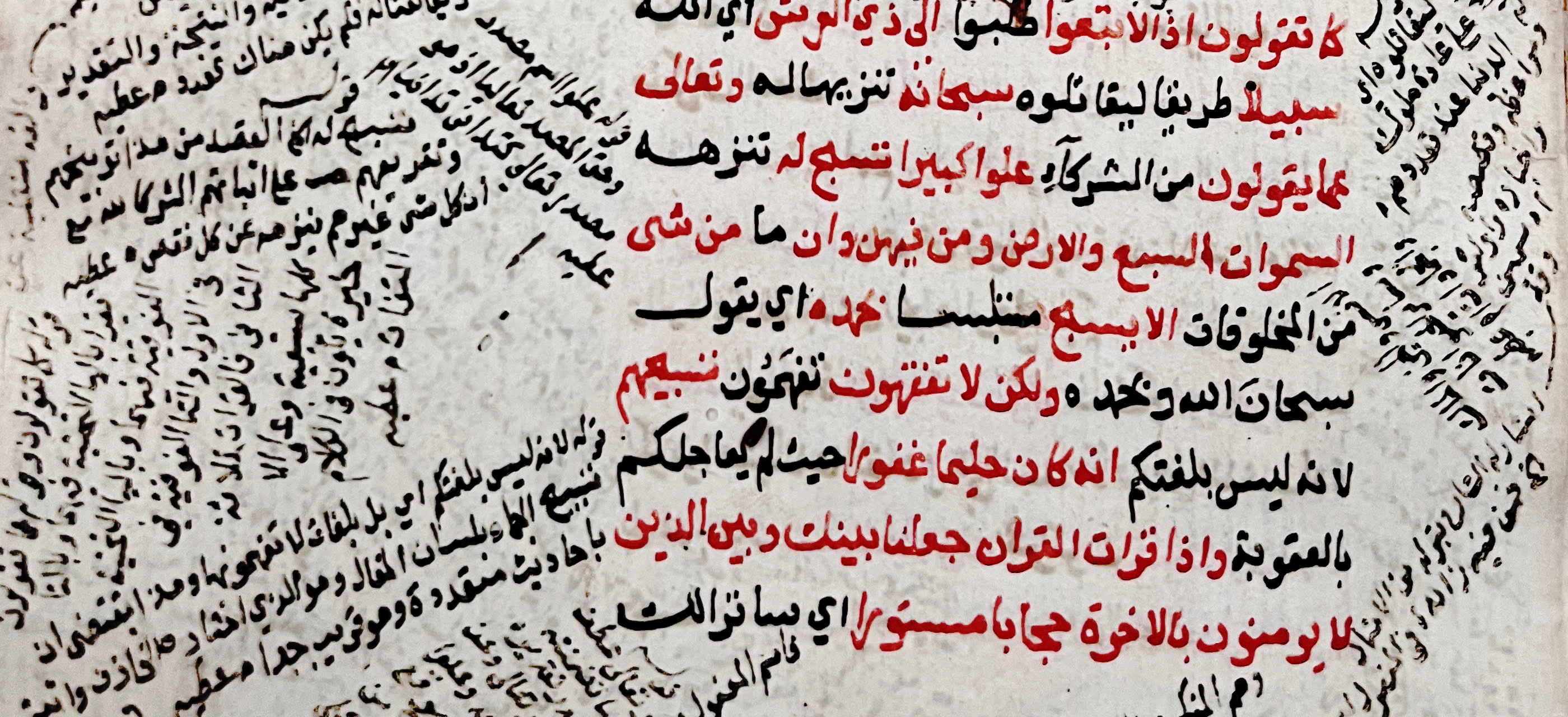Abuse of Black Slaves: Reading Sufi Literature Against the Grain
Contenu
- Titre
- Abuse of Black Slaves: Reading Sufi Literature Against the Grain
- présenté lors de
- Race & Gender in the Global Middle Ages
- Type
- working group meeting
- Créateur
- Richardson, Kristina Voir tous les contenus avec cette valeur
- Date
- 2024-05-17
- Résumé
-
Both Sufism and Ibadism focus on the spiritual equality of all Muslims, and they also arose in Basra, Iraq, sometime between 650 and 680. Strikingly, from the mid-seventh century onward, Basra was also a primary disembarkation point for Indian Ocean slaves. Eighth- and ninth-century Sufi literature, especially in Basra, tended to equate the lowest social status (enslaved eastern African common laborers) with the highest spirituality. Reading the rise of Sufism in its historical context, I argue that extreme Sufi devotional behaviors, namely excessive weeping, fearfulness, fasting, and sleeplessness, were pious reenactments of, respectively, enslaved people’s grief, terror in hostile environments, undernourishment, and forced labor day and night.
This paper draws on early hadith, Ibadi legal opinions, poetry, literary prose, agricultural manuals, and chronicles in support of this allegorical reading. The argument also challenges the presumed benignity of Middle Eastern slavery and explores the consequences of disciplinary silences around non-elite agricultural enslavement. - Langue
- eng
Richardson, Kristina, “Abuse of Black Slaves: Reading Sufi Literature Against the Grain”, 2024-05-17, bibliographie, consulté le 8 septembre 2024, https://ibadica.org/s/bibliographie/item/21542
Position : 18939 (3 vues)

